45 independent record labels 1950s
The Rise and Fall of Record Labels - Claremont Colleges completed all of their contractual obligations to its record label EMI. In its announcement, the band announced that it was receiving most of its profit from merchandise and concert tickets, and due to this they would be seeking to release their next album independent of any record label1. This would be the first time that any band The History of Black-Owned Record Labels - JSTOR Daily Black Swan Records, the first large-scale Black-owned record label in the United States, is getting a lot of attention lately. Started by Harry Pace in 1921, Black Swan only lasted three years, but its legacy laid the groundwork for many Black-owned labels to come. As historian David Suisman explains, Black Swan was "designed to utilize the ...
The Helena Independent Record E-Edition | helenair.com The digital version of the Independent Record's printed newspaper - the perfect melding of paper and pixels
:max_bytes(150000):strip_icc()/GettyImages-597201649-574382e83df78c6bb023af1e.jpg)
Independent record labels 1950s
Independent Record Labels - History of Rock Independent Record Labels of the Early Rock Era By Year Founded 1942 o o Savoy (Herman Lubinsky) Newark, Newark, New, Jersey o o Beacon (Joe Davis) New York, New York o o Excelsior (Leon & Otis Rene) Los Angeles (Exclusive in 1944) 1943 o o Apollo (Ike & Bess Berman) New York, New York o o Premier (Robert Record label - Wikipedia Major versus independent record labels. Record labels may be small, localized and "independent" ("indie"), or they may be part of a large international media group, or somewhere in between.The Association of Independent Music (AIM) defines a 'major' as "a multinational company which (together with the companies in its group) has more than 5% of the world … Major Labels vs Independent Labels | Differences Between ... - TeenStar Universal, Sony and Warner are the three major labels operating today. They are huge organisations that operate across the whole entertainment industry. They are exceptionally well connected across the music industry because they dominate the mainstream and international market.
Independent record labels 1950s. Category:Record labels established in 1950 - Wikipedia Pages in category "Record labels established in 1950" The following 22 pages are in this category, out of 22 total. This list may not reflect recent changes. Report: Independent Labels Say Pay-For-Play Is Preventing Their Artists ... Pay-for-play may not be as common as it once was in the record label and radio station relationship, but according to some independent labels it still exists and is preventing their artists from getting airplay. ... The issue of pay-for-play has been well documented going back to Congressional hearings in the 1950s and 1960s resulting in payola ... Indie Labels Priced Out of Radio Play – Billboard 19-09-2022 · Promotion executives from independent labels tell Billboard that a pay-to-play “toll” is keeping them off the airwaves Indie Labels Priced Out of Radio Play – Billboard Amoeba Music | The World's Largest Independent Record Store Baz Luhrmann's biopic of Elvis Presley; from his childhood to rock and movie star in the 1950s while maintaining a complex relationship with his manager, Colonel Tom Parker. Blu-ray $39.98 Expert In A Dying Field (CD)
Independent Record Labels | History | Play Alone Records Established in the 1950s in Memphis, Tennessee, Sun Records signed artists considered to be out of the mainstream. It's funny- to think of country and rock music as "unconventional" styles. They were, however, and were able to get their footing because of the indie philosophy. For the indie scene, a niche was the gateway to success. Independent music - Wikipedia Independent labels have a long history of promoting developments in popular music, stretching back to the post-war period in the United States, with labels such as Sun Records, King Records, and Stax.. In the United Kingdom during the 1950s and 1960s, the major record companies had so much power that independent labels struggled to become established, until the launch of … Music Row Nashville Information Guide - Old Town Trolley Tours Situated southwest of downtown, Music Row is home to several businesses and attractions related to the city’s musical heritage. Considered the heart of Nashville’s entertainment industry, the Music Row area is centered on 16th and 17th Avenues South, which are known as Music Square East and West respectively. Record labels that rocked our world - The Independent Blue Note's golden age was in the 1950s and 1960s, when it released records by the cream of US jazz musicians and composers: trumpeter Lee Morgan, pianist Sonny Clark and tenor sax player Dexter...
50sPopMusic.com The major record labels started recording covers in the early 1950s to deal with the threat of 'cross-over' songs from the rhythm and blues and country artists. The major labels didn't want the specialized country, R&B, and black musicians to threaten the dominance the major studios enjoyed in the mainstream POP music market. Independent music - Wikipedia In the United States, independent labels and distributors often banded together to form organizations to promote trade and parity within the industry. The Recording Academy, famous as the organization behind the Grammy Awards, began in the 1950s as an organization of 25 independent record labels including Herald, Ember, and Atlantic Records. 33 Independent Record Labels You Should Know | Complex Notable artists/releases: James Blake, Nicolas Jaar, Paul White. R&S may be one of the oldest indie labels on this list, but it hasn't yet lost its sense for groundbreaking experimental music ... The Independent Labels Some of the most important labels were Atlantic, Chess, Elektra, Imperial, King, Specialty, and Sun Records, followed later in the 1950s by Stax and Motown. Atlantic Records was established in 1947 by Ahmet Ertegun and Herb Abramson and focused on recording black rhythm and blues artists.
Independent record label - Wikipedia From 1940s to 1950s, R&B indie labels such as Savoy, Apollo, King, Modern, Mercury, Imperial, Specialty, Red Robin, Duke and Vee-Jay Records were founded. [7] During the 1960s, rock label Elektra, R&B labels such as Motown, Stax records released singles and albums. [8]
Creed Taylor, Jazz Giant And Impulse! Founder Has Passed Away ... Aug 23, 2022 · Creed Taylor, the visionary jazz record producer and founder of the Impulse! and CTI labels, who brought bossa nova to the global market, passed away this morning at the age of 93. Over a 50-year ...
Motown | History, Style, Artists, Songs, & Facts | Britannica Aug 30, 2022 · Motown, in full Motown Record Corporation, also called Hitsville, recording company founded by Berry Gordy, Jr., in Detroit, Michigan, U.S., in January 1959 that became one of the most successful Black-owned businesses and one of the most influential independent record companies in American history. The company gave its name to the hugely popular style of soul music that it created. Moving ...
Amoeba Music | The World's Largest Independent Record Store Britpop icons the London Suede return with an excellent, intense new album, Autofiction . Singer Brett Anderson calls the album “our punk record,” and there’s definitely a bristling punk rock energy animating these songs. (There’s also the soaring Brit-pop melodies and melancholic post-punk vibes you’d expect, natch.)
History of Rock Exam 1 Flashcards | Quizlet Study with Quizlet and memorize flashcards containing terms like The most important studio in 1950s New Orleans was Crescent City Recording. T/f ?, During the 1950s, teens increasingly began listening to R&B from independent labels rather than pop from major labels. T/F?, Which is most true: jazz incubated in and more.
Hist of Rock #1 Flashcards | Quizlet the two most important pop singers before rock emerged were frank sinatra and. bing crosby. chuck berry's singing was most influenced by. crooners such as frank sinatra. frankie lyman is identified with this style. doo-wop. during the 1950s teens increasingly began listening to R&B from independent labels rather than pop from major labels (T/F ...
10 Black Owned Record Labels We Don't Discuss Enough The label, known as the first black-owned record label, ... Interesting Facts: Gamble-Huff started writing hit songs in the 1950s. Also, one of MFSB's songs has been used as a sample for a few hip-hop songs, including Jay Z's "What More Can I Say." ... The label was one of the first independent labels to sell its own merchandise and music ...
Recording Industry - Part 3: Independent Labels Find Success - NCpedia Independent Labels Find Success. World War II and the 1940s brought many changes to the recording industry. Early in 1942 the government restricted the use of shellac needed for 78 rpm record production. That July J. C. Petrillo, president of the American Federation of Musicians, announced a ban on all recording and closed down the studios for two years.
Indie Labels Priced Out of Radio Play – Billboard Sep 19, 2022 · Congressional hearings in the 1950s resulted in a 1960 decision that prohibited direct payments by labels (aka payola), but a loophole opened the door to independent promoters as middlemen.
Music Industry History 1950s - Playlist Research History of record labels in the 1950s. Videos: Timelines ... Capitol had risen to being the fourth biggest label in 1955 when EMI, the biggest UK record operation, bought Capitol for $8.5 million. From 1954-1958 independent labels issuing rock and roll and r&b recordings dominated the charts as the market share for major labels fell dramatically.
How Indie Record Labels Work - The Balance Careers For example, independents like Sun Records, which was founded in 1950 in Memphis, signed country and rock artists. Some of these artists include Elvis Presley, Roy Orbison, and Johnny Cash. A lot of independents still operate that way — signing on talent that may be on the fringe.
The Independent Record Labels of the 1950's and 1960's Eric Eller Throughout the 1950's and 1960's, a wave of new musical movements by independent record labels and new artists emerged in the United States. This movement is captured in the stories of those label creators and owners, and in the turbulent journey through their successes and failures.
The Independent Record Labels of the 1950's and 1960's The Independent Record Labels of the 1950's and 1960's Better Essays 4437 Words 18 Pages Open Document The Independent Record Labels of the 1950's and 1960's History of Music Production Eric Eller Throughout the 1950's and 1960's, a wave of new musical movements by independent record labels and new artists emerged in the United States.
Music Row Nashville Information Guide - Old Town Trolley Tours Owen Bradley, a staff pianist at WSM and RCA studio executive Chet Atkins were instrumental in developing the “Nashville Sound,” a smooth and sophisticated crossover style of country music, on Music Row in the mid-1950s, which has evolved into the fusion of country music and soft rock known as country pop.
The Independent Record Labels of the 1950's and 1960's "Due to Tom Dowd's technical prowess, (Atlantic Records) was one of the first independent labels to record in stereo" (HMP, Ch III). Atlantic was formed in 1947 by Ahmet Ertegun, son of a Turkish ambassador, and Herb Abramson. It started out as a Rhythm and Blues and Jazz label. In the early 1950's Jerry Wexler and Nesuhi Ertegun joined the team.
The Rise of Independent Record Companies and Rock 'n' Roll The small labels were in a perfect position to satisfy the new mass audience of record buyers. The big labels were slow moving. They were top heavy and making decisions took a long time. Often they were so slow that they missed out on signing potentially great stars. Most of the small labels were pretty much a one or two man show.
Record label - Wikipedia Major versus independent record labels Record labels may be small, localized and " independent " ("indie"), or they may be part of a large international media group , or somewhere in between. The Association of Independent Music (AIM) defines a 'major' as "a multinational company which (together with the companies in its group) has more than 5% ...
Motown | History, Style, Artists, Songs, & Facts | Britannica 30-08-2022 · Motown, in full Motown Record Corporation, also called Hitsville, recording company founded by Berry Gordy, Jr., in Detroit, Michigan, U.S., in January 1959 that became one of the most successful Black-owned businesses and one of the most influential independent record companies in American history. The company gave its name to the hugely popular …
Independent record labels and producers | Britannica Of the first generation of successful rock-and-roll singers, almost all recorded for labels that initially supplied rhythm-and-blues records: Fats Domino for Imperial, Chuck Berry for Chess, Little Richard for Specialty, and Elvis Presley and Carl Perkins for Sun.
Van Morrison - Kloosterman Genealogy and Emigrants to America His first album for new label Warner Bros., 1968's Astral Weeks, remains not only Morrison's masterpiece, but one of the greatest records ever made. A haunting, deeply personal collection of impressionistic folk-styled epics recorded by an all-star jazz backing unit including bassist Richard Davis and drummer Connie Kay, its poetic ...
The Independent Record Labels Of The 1950'S And 1960'S The Independent Record Labels of the 1950's and 1960's History of Music Production Eric Eller Throughout the 1950's and 1960's, a wave of new musical movements by independent record labels and new artists emerged in the United States.
History of Record Labels and the Music Industry - Playlist Research History of Record Labels and the Music Industry. by Alex Cosper. Introduction 1900s 1910s 1920s 1930s 1940s 1950s 1960s 1970s 1980s 1990s 2000s. The beginning of the recording industry is often thought of as Thomas Edison's patent on phonograph technology in the late 19th century. While rudimentary sound capturing experiments began in the early ...
The Independent Record Companies - History of Rock the small independent record companies that dominated the rhythm and blues market in the late 1940s and early 1950s relied on payola, which wasn't a federal crime, in order to compete and get their records on the radio.with the coming of rock and roll the number of small recorded companies increased increasing competition in getting their records …
Creed Taylor, Jazz Giant And Impulse! Founder Has Passed Away 23-08-2022 · Creed Taylor, the visionary jazz record producer and founder of the Impulse! and CTI labels, who brought bossa nova to the global market, passed away this morning at the age of 93. Over a 50-year ...
Major Labels vs Independent Labels | Differences Between ... - TeenStar Universal, Sony and Warner are the three major labels operating today. They are huge organisations that operate across the whole entertainment industry. They are exceptionally well connected across the music industry because they dominate the mainstream and international market.
Record label - Wikipedia Major versus independent record labels. Record labels may be small, localized and "independent" ("indie"), or they may be part of a large international media group, or somewhere in between.The Association of Independent Music (AIM) defines a 'major' as "a multinational company which (together with the companies in its group) has more than 5% of the world …
Independent Record Labels - History of Rock Independent Record Labels of the Early Rock Era By Year Founded 1942 o o Savoy (Herman Lubinsky) Newark, Newark, New, Jersey o o Beacon (Joe Davis) New York, New York o o Excelsior (Leon & Otis Rene) Los Angeles (Exclusive in 1944) 1943 o o Apollo (Ike & Bess Berman) New York, New York o o Premier (Robert


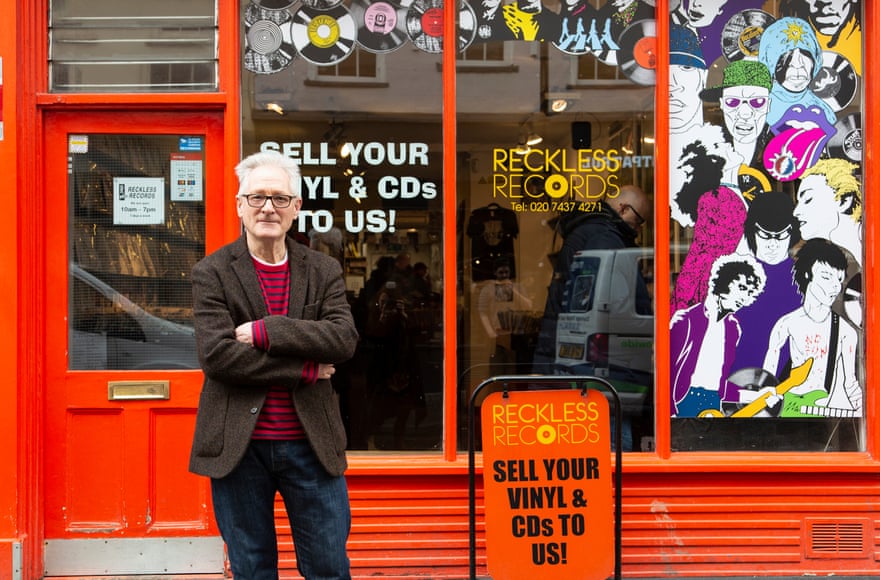
:max_bytes(150000):strip_icc()/GettyImages-481492441-57a559735f9b58974acaf9ea.jpg)



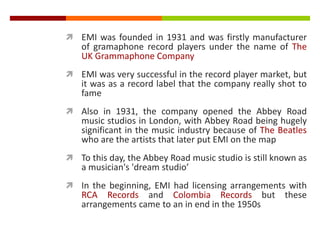



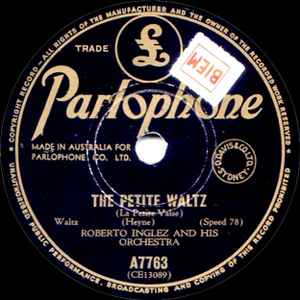






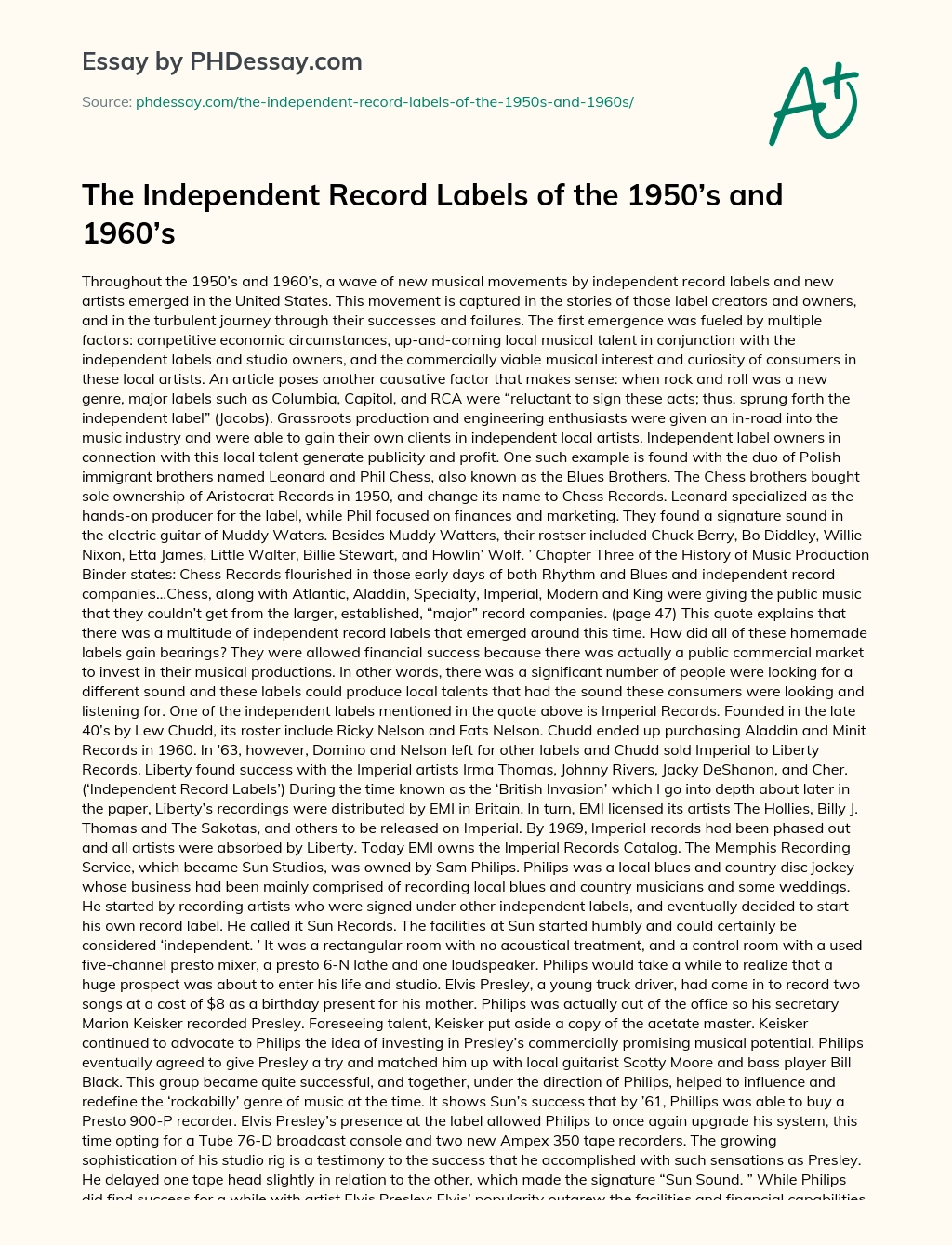
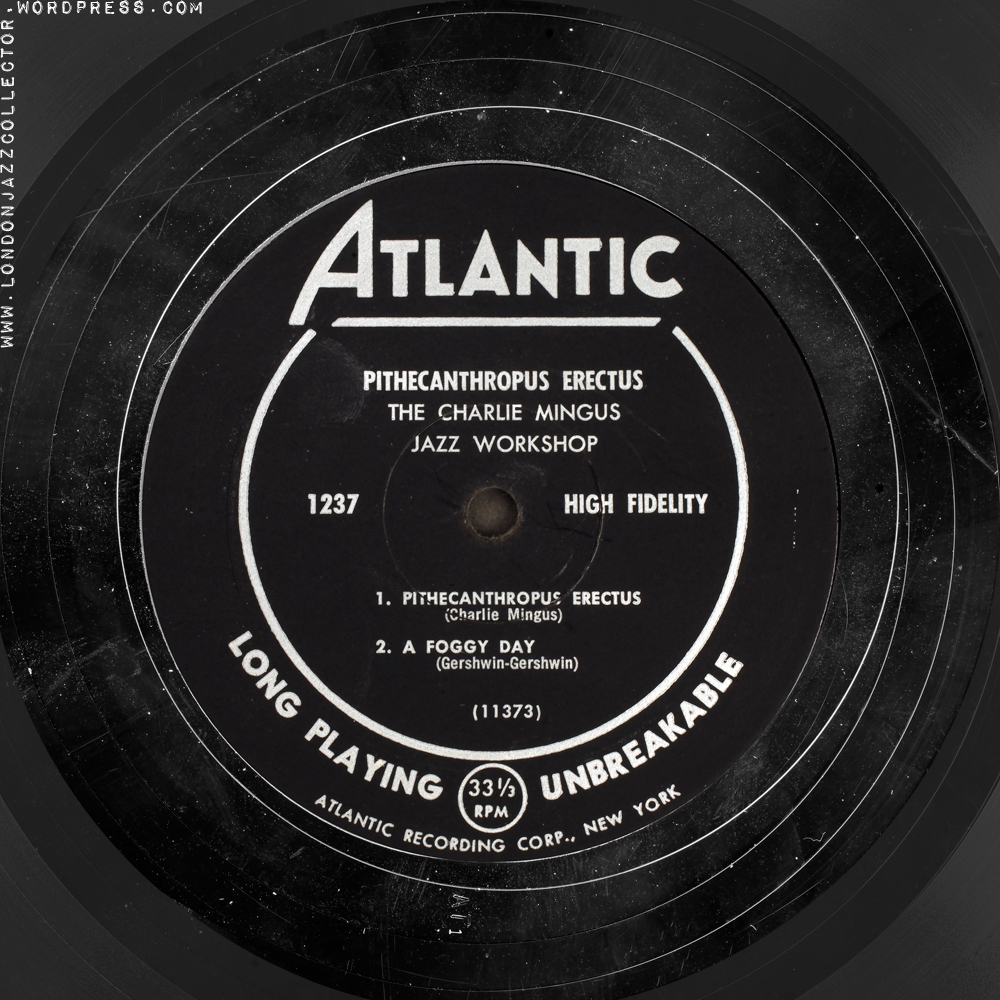




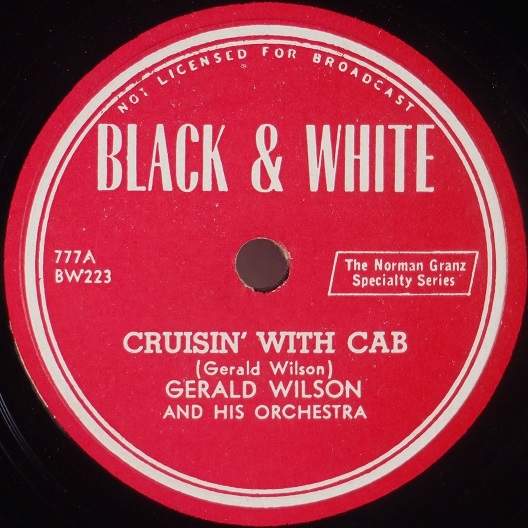

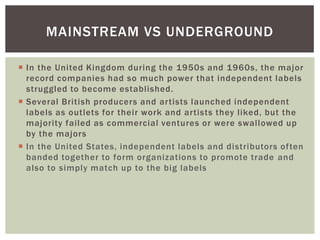
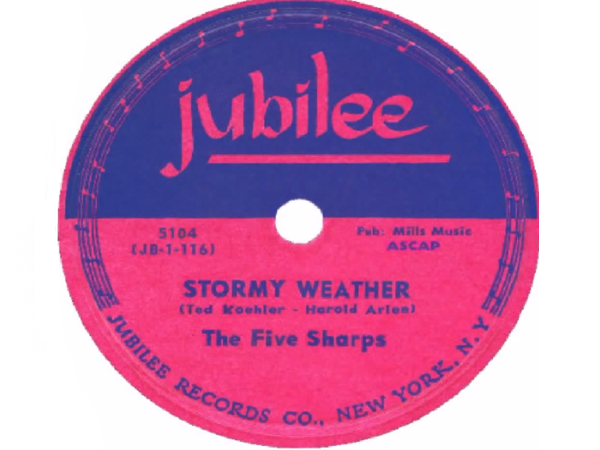




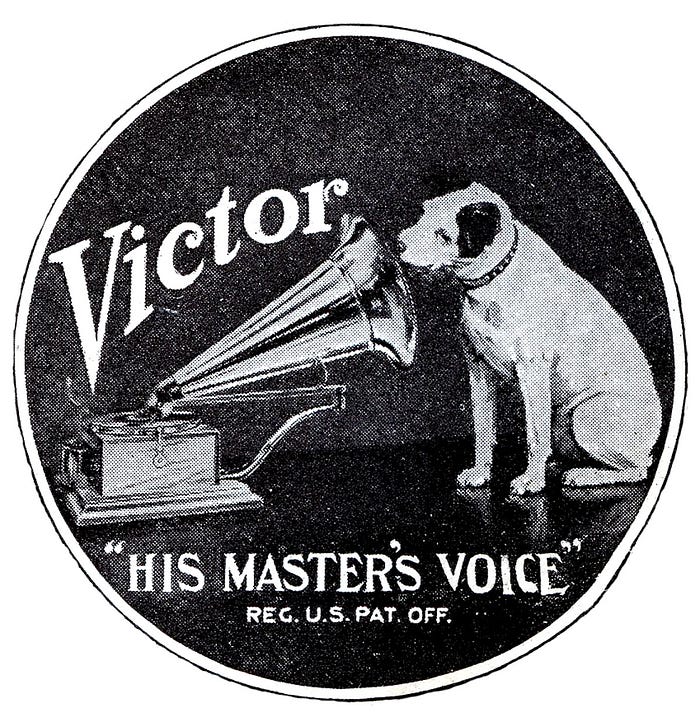

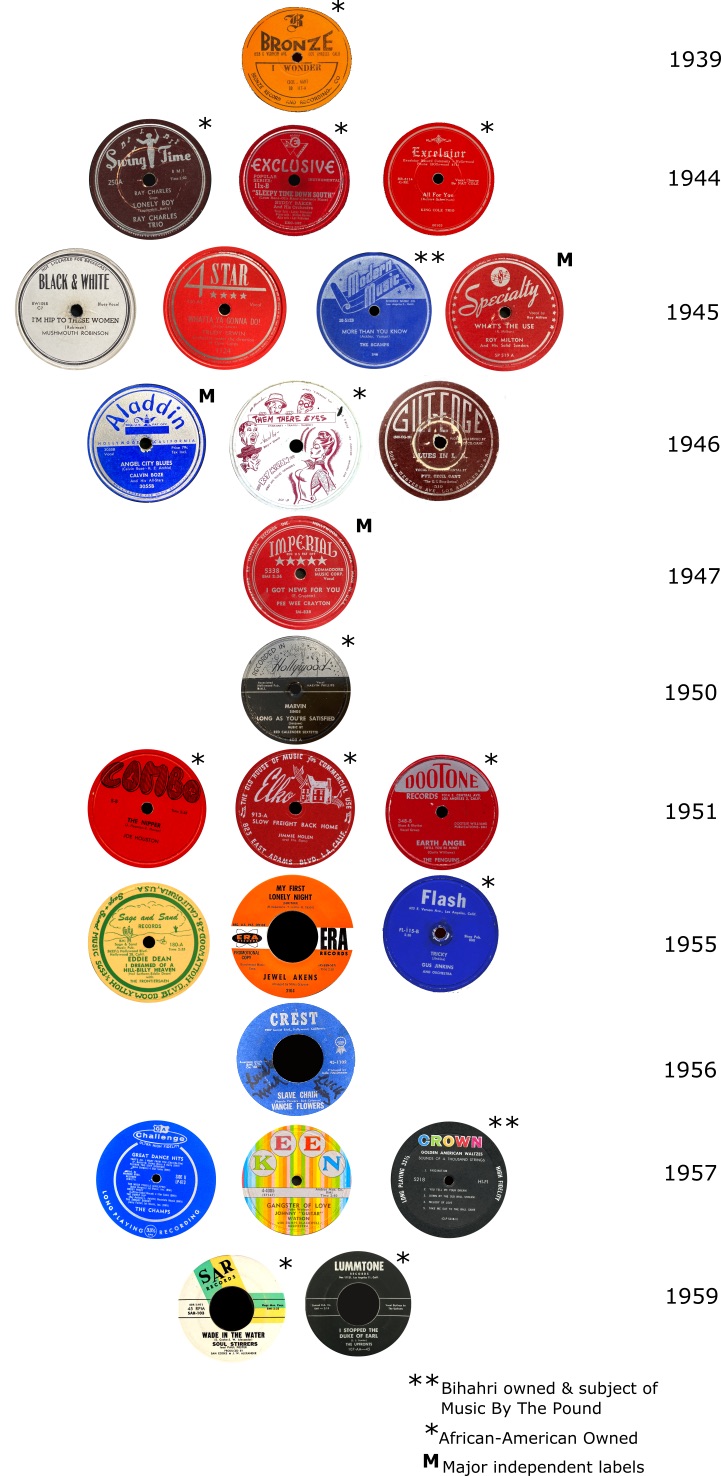

Post a Comment for "45 independent record labels 1950s"